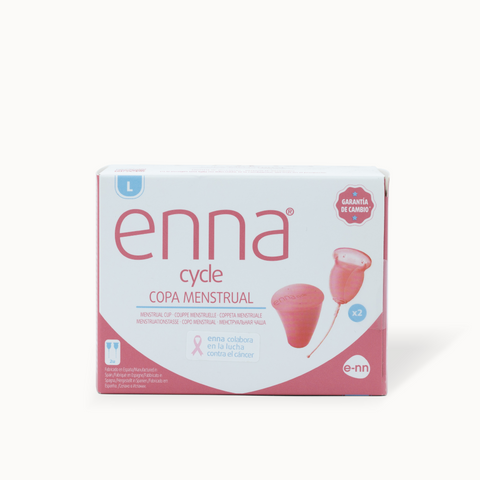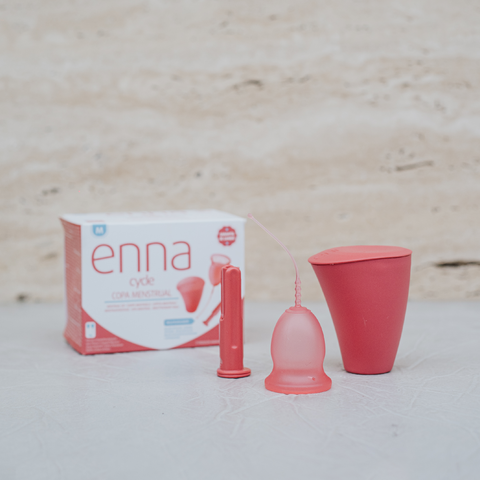Menstrual cramps can have different levels of intensity – they can simply be a mild discomfort that lasts just a day, or represent several days of unbearable pain that ends up interfering with our daily activities. The main culprits are uterine contractions, which happen immediately before or during the start of menstruation. But what makes these cramps more severe for some of us?
Normally, menstrual pain appears throbbing in the lower part of the abdomen. However, in more intense cases, the pain may radiate to the lower back and inner thighs, with some pressure or continuous and uncomfortable pain being felt in the area.
Lasting two to three days, the truth is that these cramps can be accompanied by other symptoms, namely nausea, fatigue, headaches and dizziness. Even so, this type of colic is still the most common, and ends up going away with taking a painkiller. The problem happens precisely when one pill is not enough to put an end to this problem.
What are the signs of more intense menstrual cramps?
This type of cramping tends to start earlier in the menstrual cycle and lasts longer than typical cramps. In general, these do not improve with taking an over-the-counter painkiller and are so strong that they greatly interfere with the woman's daily activities, and are often accompanied by intense bleeding or clotting.
What causes this type of pain?
During your menstrual period, your uterus contracts to help shed its lining. These contractions are triggered by substances similar to prostaglandins (hormones found in various organic tissues). What happens is that when these hormones are present at higher levels, menstrual cramps become more severe.
The cause of pain is not always completely clear, as some people tend to have more painful symptoms without a specific reason. However, in other cases, this condition may represent a symptom of an underlying medical problem, namely endometriosis.
According to Healthline , endometriosis is a condition that causes the tissue that normally lines the uterus to grow in other parts of the body outside the uterus, resulting in severe pelvic pain (the most common symptom). From then on, other problems may arise, namely:
- Menstruation that lasts more than seven days;
- Heavier menstruation;
- Polycystic Ovary Syndrome (common hormonal disorder that affects approximately one in ten women of childbearing age);
- Pain during sexual intercourse;
- Painful bowel movements;
- Difficulties in getting pregnant.
Another possible cause for severe menstrual pain is the use of a hormonal IUD (a birth control device that is inserted into the uterus), which can also cause irregular periods and heavy menstrual bleeding.
How to detect the cause?
The best way to understand what may be triggering a deeply painful menstrual process is to make an appointment with your doctor, especially in situations where cramps last more than three days.
Therefore, by reviewing your medical history and performing a physical examination, the cause of the pain can be understood. In some cases, it may also be important and necessary to carry out procedures that provide a detailed view of the reproductive organs or even surgery to confirm a possible diagnosis of endometriosis.
Don't accept pain that harms your quality of life!
The truth is that you don't need to go through severe menstrual cramps, nor do you have to allow them to interfere with your well-being and harm your ability to continue living your daily life well.
In addition to trying to overcome this problem with medical help – something that will outline a fundamental plan to overcome the issue – you can always follow some of the following tips:
- Although painkillers can do little in cases of more severe pain, not being enough to eliminate it completely, if you choose to take one of these medications the day before you start to feel pain – Ibuprofen, for example – this may prove to be more effective. . You can also choose to take supplements rich in magnesium, omega 3 or vitamins B-1 and B-6;
- Place a heating pad on your lower abdomen for pain relief;
- Practice physical exercise (some studies indicate that training for 30 minutes three times a week can significantly reduce the severity of menstrual cramps over a few weeks);
- Avoid stress – do breathing exercises, yoga or meditation;
- Take a warm bath to soothe your lower abdomen and back.




















